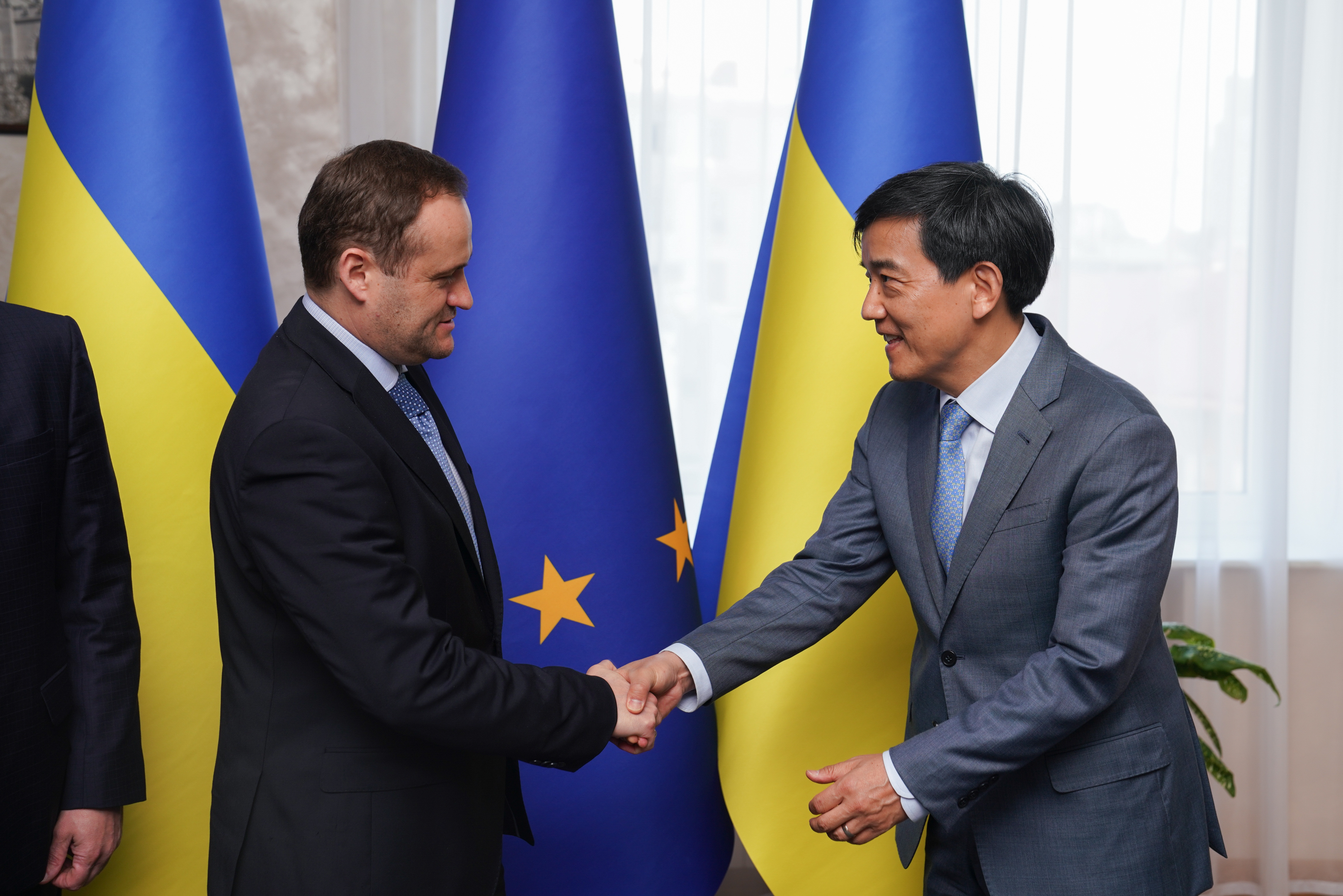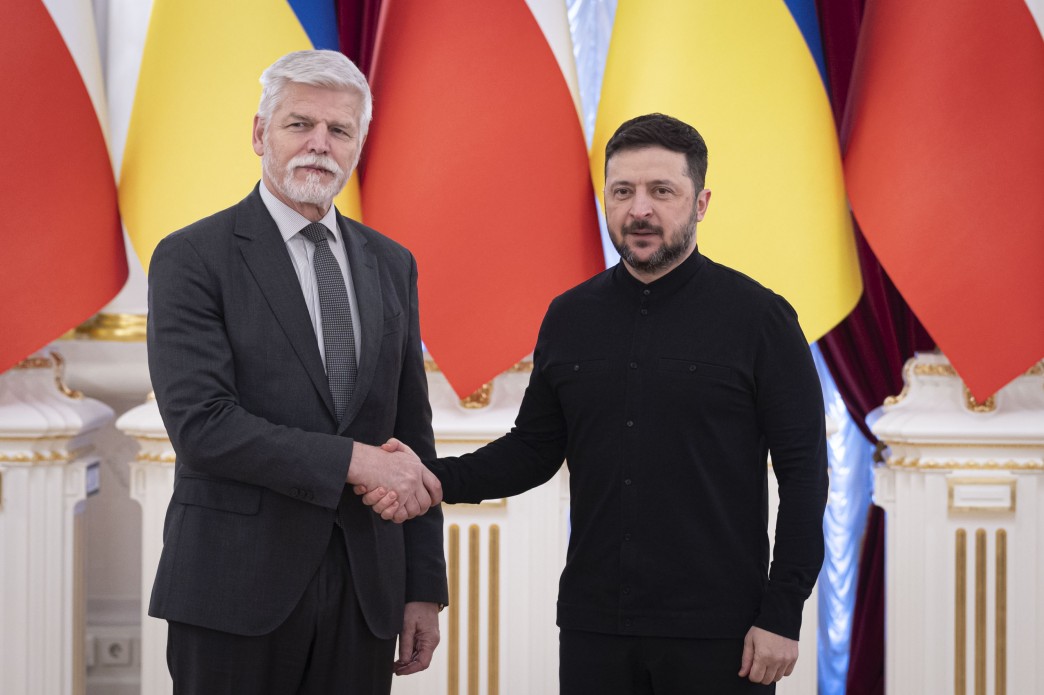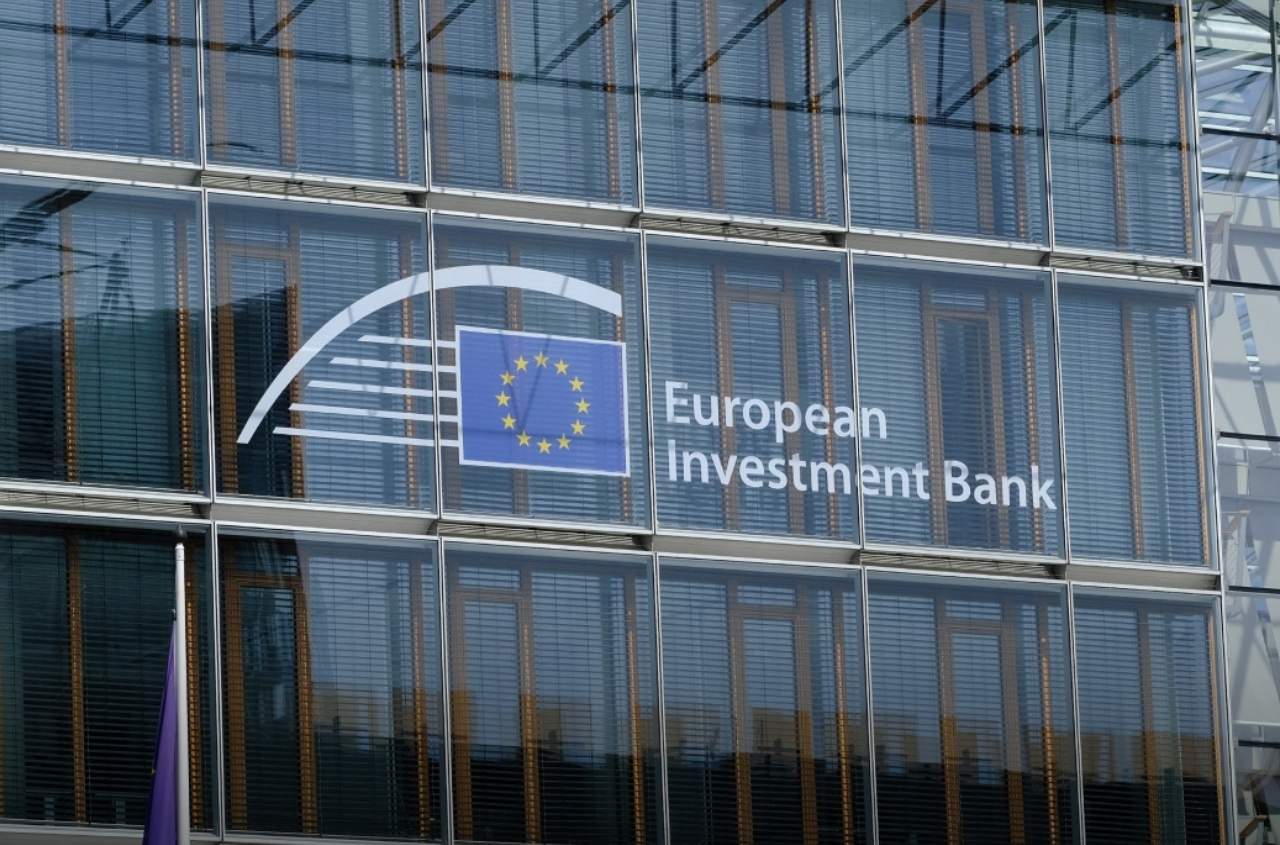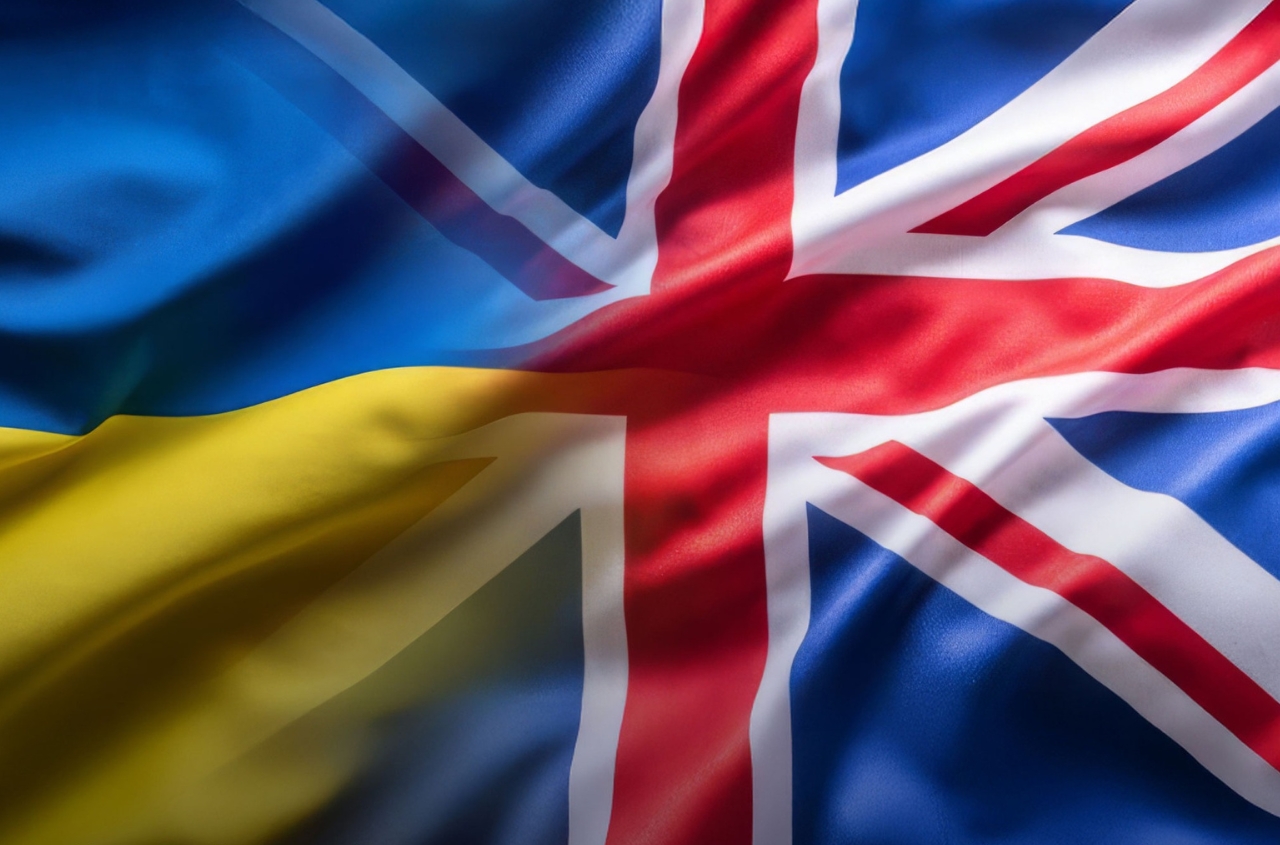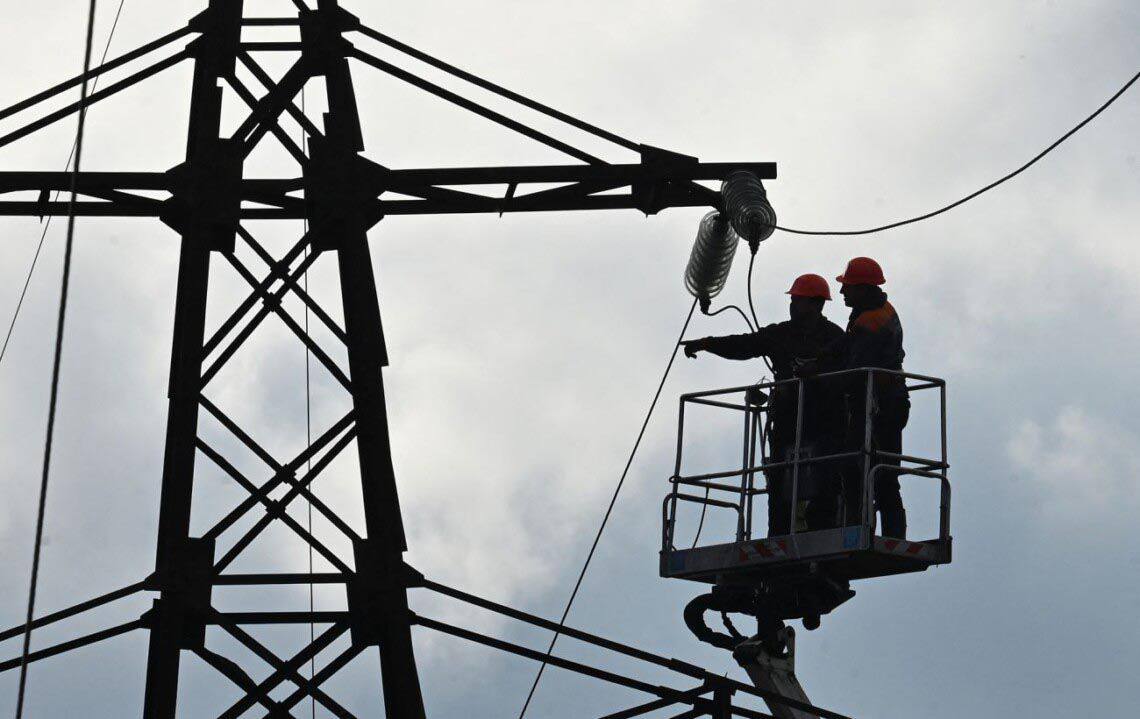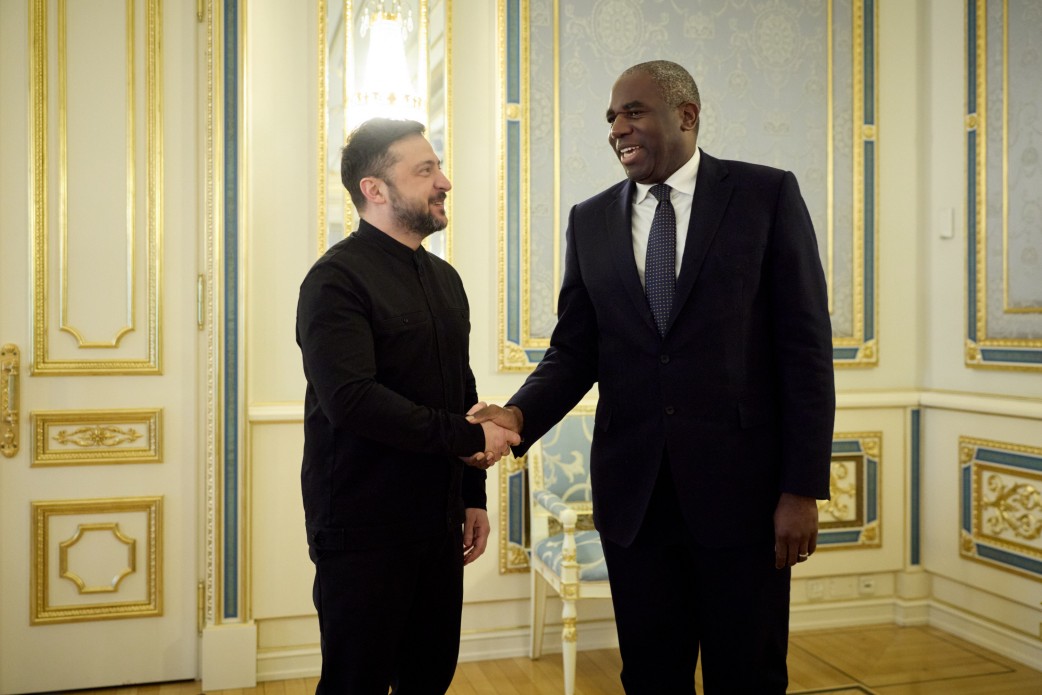Deputy Prime Minister for Ukraine’s Recovery and Minister for Communities and Territories Development Oleksii Kuleba met with Mr. Min Zhang, Global Director of the World Bank’s Urban Development, Resilience, and Land Global Practice. The meeting took place within the framework of the World Bank mission dedicated to the development of joint projects in housing policy, including the implementation of the HOPE initiative and the launch of new programmes.
Oleksii Kuleba thanked the partners for their long-term and systematic support for Ukraine. Today, the joint HOPE project — “Housing Repair for the Restoration of Rights and Opportunities” — is one of the key elements of the government’s housing recovery policy.
“HOPE has become a tool that allows us to help quickly, transparently, and at scale across the entire country. Today we are discussing the expansion of this project and preparing new solutions. This includes a new support programme for internally displaced persons from temporarily occupied territories. It aims to give people the opportunity to purchase housing to replace what they lost in those territories. This is about justice and state responsibility,” Oleksii Kuleba emphasized.
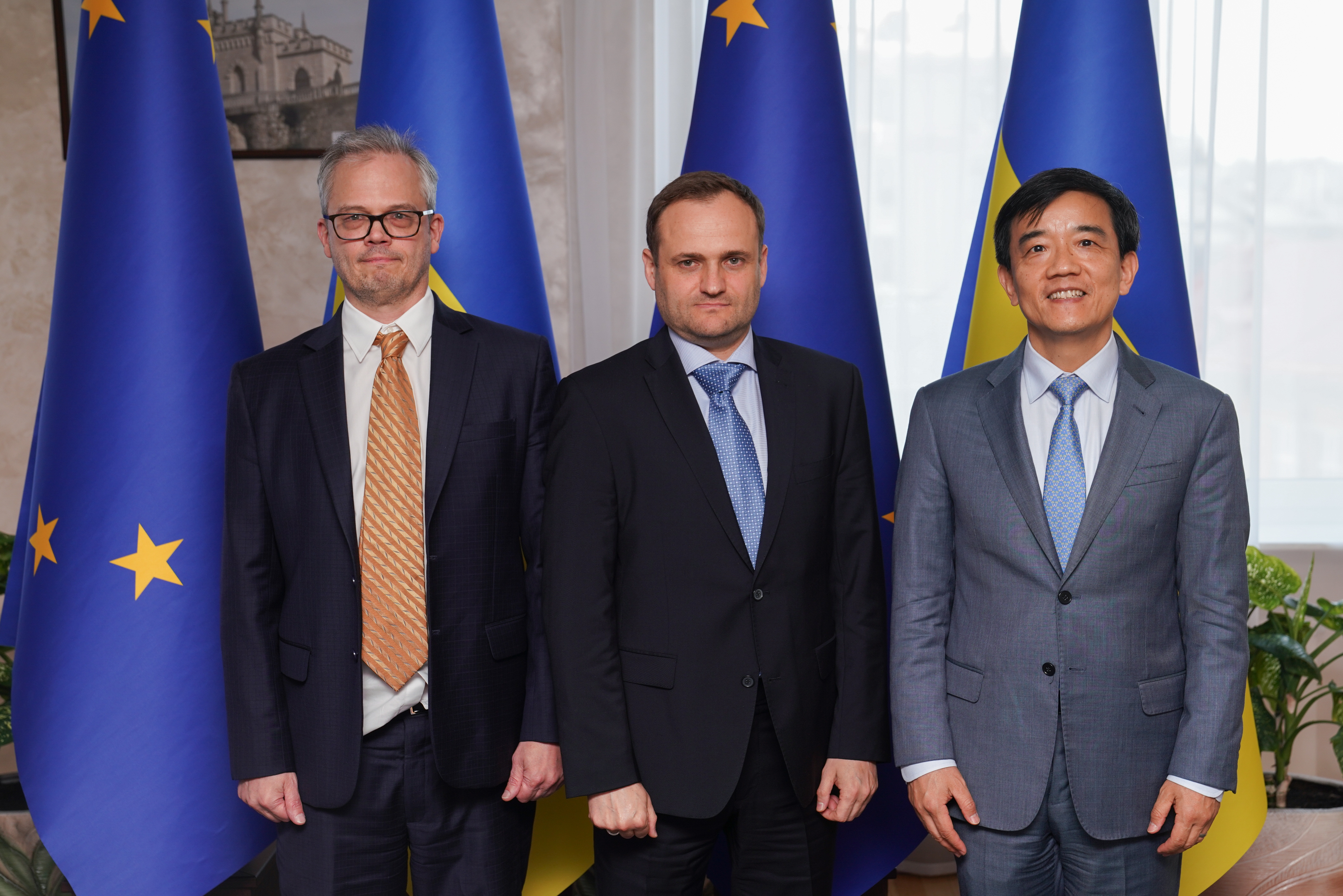
Thanks to this project, over 94,000 Ukrainian families have already received compensation to restore damaged housing through the eRecovery mechanism. In May, the World Bank and the Ministry of Development signed an agreement on additional financing of $84 million, which will allow supporting about 25,000 more families.
The Ministry has also begun preparations for a new phase — capital reconstruction. In April, a list of 194 apartment buildings in five territorial communities was approved to be restored within the HOPE project. To launch construction work in the first quarter of 2026, additional funding of $185 million is being considered. Relevant proposals have already been submitted to the World Bank.
A separate part of the discussion was a new housing support initiative by the Ministry of Development for internally displaced persons from temporarily occupied territories. The programme provides housing vouchers that can be used to purchase housing, make a down payment on a mortgage, or repay a mortgage loan. Assistance will be provided in stages: initially to combatants and families of fallen defenders, then to persons with disabilities, large families, and orphans, and finally to other categories of IDPs.
During the meeting, the following topics were also discussed:
- Preparation to attract EU funding: a guarantee agreement between the European Commission and the World Bank is expected to be signed, which will allow mobilizing €215 million within the Ukraine–EU Investment Framework (UIF) to expand the eRecovery programme.
- Development of digital infrastructure: Ukraine initiated attracting $10 million for the development of an urban cadastral system — a digital foundation for implementing key recovery programmes, spatial planning, and BIM technology integration.
- Housing policy strategy: a working group has been created and held its first organizational meeting. The Ministry of Development expects expert participation from the World Bank in developing this strategic document.
Alongside Mr. Min Zhang, experts in financing, urban development, and infrastructure from Austria, the USA, France, Georgia, and Australia arrived in Ukraine as part of the World Bank mission.
Background:
The HOPE project is implemented with the support of the World Bank (which acts as the administrator of the Multi-Donor Trust Fund for Support, Recovery, Reconstruction, and Reform of Ukraine) to provide Ukrainians compensation for damaged housing. It is part of the government’s systematic policy on housing recovery and integrated into the eRecovery programme.









